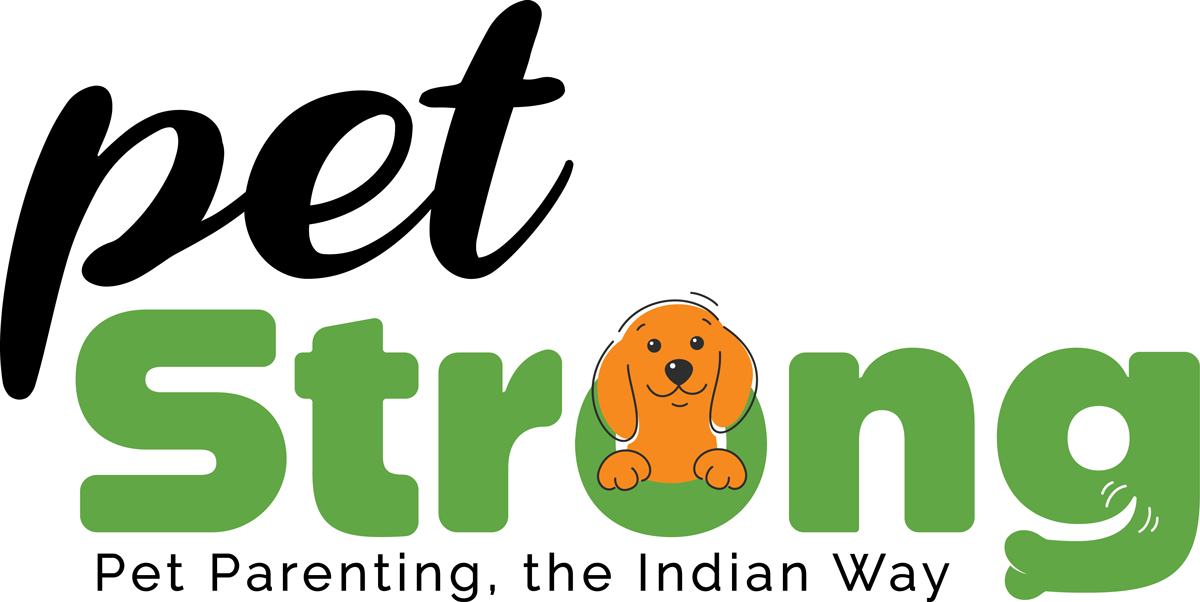Rottweiler - (Confident, Loyal, Protective)
- Social (9/10) : Rottweilers are known for their loyalty and affection towards their families. They are generally good with children and can be reserved with strangers but are protective when needed.
- Intelligence (8/10): Highly intelligent and trainable, Rottweilers excel in obedience training and are quick learners. They thrive on mental stimulation and can be trained for various roles including service and protection work.
- Protection (10/10): Rottweilers are naturally protective and make excellent guard dogs. They are known for their courage and strong guarding instincts, making them reliable protectors of their families and property.
- Height
Males: 24 to 27 inches
Females: 22 to 25 inches
- Weight
Males: 50 to 60 kg
Females: 35 to 48 kg
- Life Expectancy - 9 to 10 years
About Rottweiler
The Rottweiler is a robust and confident breed with a strong guarding instinct. Originating from Germany, Rottweilers were originally used as herding and guard dogs. Their distinctive black and tan coat, muscular build, and unwavering loyalty make them a popular choice for families seeking a protective and loving companion. Despite their imposing appearance, Rottweilers are gentle and affectionate with their families, making them excellent pets for those who are willing to invest time in their training and socialization.
Rottweiler Diet
Rottweilers require a well-balanced diet to maintain their health and strength. High-quality dog food that is rich in protein and essential nutrients is ideal. Their diet should include sources of lean meat, vegetables, and whole grains to support their muscle mass and energy levels. Portion control is crucial to avoid obesity, which can lead to health issues such as joint problems. Avoid giving them human food, especially items that are high in fat, sugar, or salt. Regular feeding schedules and a focus on nutrient-rich foods will help them maintain a healthy weight and overall wellness.
Check Your Dog Health Status: Dog Nutrition Calculator
Rottweiler Diseases to Look Out For
Hip Dysplasia
Dietary Interventions
Hip dysplasia can be a concern in Rottweilers. Maintaining a healthy weight through a balanced diet and adding glucosamine and chondroitin supplements can help support joint health and reduce symptoms.
Elbow Dysplasia
Dietary Interventions
Like hip dysplasia, elbow dysplasia can affect Rottweilers. Ensuring a proper diet with essential fatty acids and joint supplements can help manage the condition and improve mobility.
Heart Disease
Dietary Interventions
Rottweilers can be prone to heart issues such as dilated cardiomyopathy. A diet rich in omega-3 fatty acids and antioxidants can support heart health and overall well-being.
Rottweiler Wellness
Grooming Tips
- Rottweilers have short, dense coats that are relatively easy to maintain.
- Regular brushing helps reduce shedding and keeps their coat healthy.
- Bathe them as needed to keep their coat clean, but avoid over-bathing, which can strip natural oils.
- Regularly trim their nails and check their ears for signs of infection.
- Dental care is important, so brush their teeth regularly to prevent dental issues.
Rottweiler Supplements and Wellness
- Fish Oil: Rich in omega-3 fatty acids, fish oil can help with coat health and reduce inflammation.
- Glucosamine and Chondroitin: These supplements are beneficial for joint health, especially for older Rottweilers or those with a predisposition to joint issues.
- Probiotics: Probiotics can support digestive health, especially if the Rottweiler's diet includes various types of food.
- Exercise: Rottweilers are active and need regular exercise to maintain their physical and mental health. Daily walks, playtime, and engaging activities are essential.
- Veterinary Care: Regular vet checkups are crucial to monitor their health and catch any potential issues early. Discuss preventive care, such as vaccinations and heartworm prevention, with your vet.








